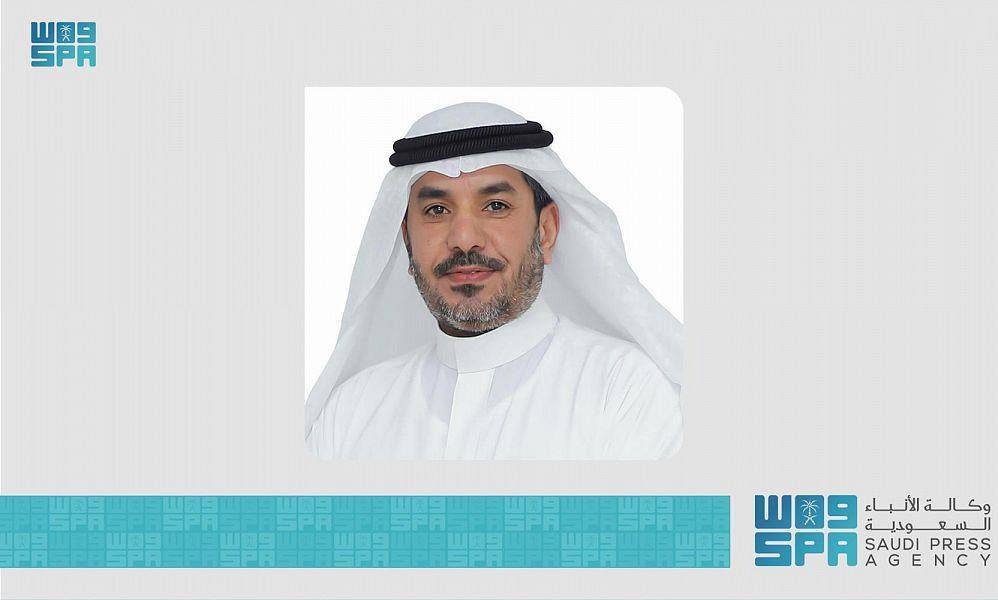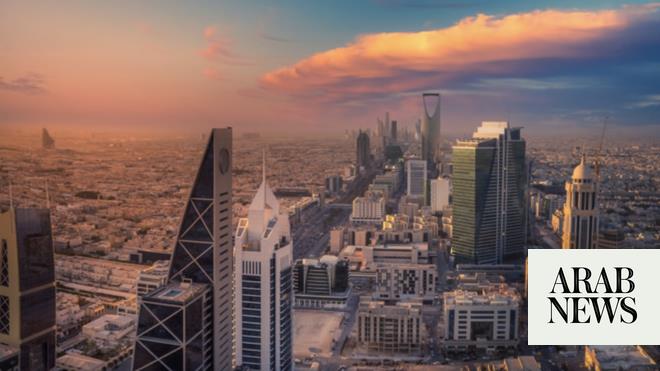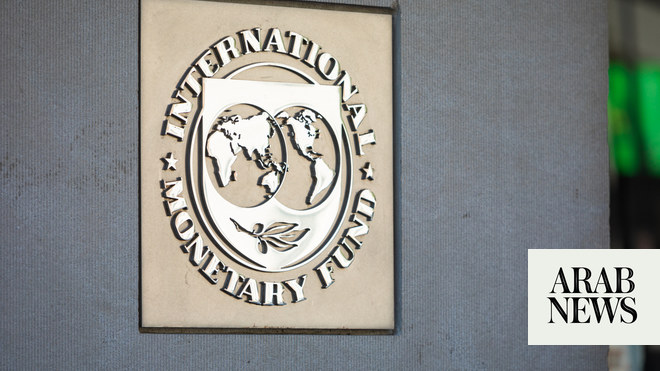
Saudi Arabia’s local and foreign currency medium-term note program ratings was also upgraded to (P)Aa3 from (P)A1
RYADH: Global credit ratings agency Moody’s Ratings upgraded Saudi Arabia’s long-term local and foreign currency issuer and senior unsecured ratings to Aa3 from A1, taking note of the Kingdom’s progress in diversifying its economy.
Saudi Arabia’s local and foreign currency medium-term note program ratings was also upgraded to (P)Aa3 from (P)A1.
“Continued progress will, over time, further reduce Saudi Arabia’s exposure to oil market developments and long-term carbon transition,” the ratings agency said.
“The recent fiscal space exercise and recalibration and reprioritization of diversification projects – which will be regularly reviewed – will provide a more conducive environment for sustainable development of the kingdom’s non-hydrocarbon economy and help preserve the relative strength of the sovereign’s balance sheet.”
Moody’s expects Saudi Arabia’s non-hydrocarbon private sector GDP to continue expanding by about 4 percent to 5 percent in the coming years, among the highest in the Gulf region, as its diversification strategy reduces the Kingdom’s exposure to oil market developments and long-term carbon transition over time.
“Our baseline projections assume there will be no significant downward pressure to oil prices or production over the next few years. We also assume that heightened geopolitical tensions in the region, which are having a limited impact on Saudi Arabia so far, will not escalate into a full-scale military conflict between Israel and Iran with collateral effects that could affect the kingdom’s ability to export oil or deter private sector investment supporting the diversification momentum,” Moody’s said.
Saudi Arabia has invested heavily to induce growth in the non-hydrocarbon private sector, particularly that of the Public Investment Fund’s (PIF) outlays for capital expenditure and domestic investments.
“We estimate that the total spending on projects and long-term investments by the government and PIF will continue to exceed 20 percent of non-hydrocarbon GDP. Private consumption growth will also be strong, as the design of many ongoing projects, including the PIF’s giga projects and other large-scale projects of the government, incorporates commercialization phases that will boost supply-side capacity in the services sector, particularly in hospitality, leisure and entertainment, retail and restaurants,” Moody’s said.
The ratings agency also noted while Saudi Arabia’s fiscal prudence as well as recalibration and reprioritization of projects may affect project implementation and the development of the non-hydrocarbon sectors, “the focus on macroeconomic and fiscal sustainability is credit positive.”
“Regularly reviewing projects to maximize the economic impact on the domestic economy and develop a domestic industrial base and related ecosystems will help the non-hydrocarbon economy develop more sustainably,” Moody’s said.












